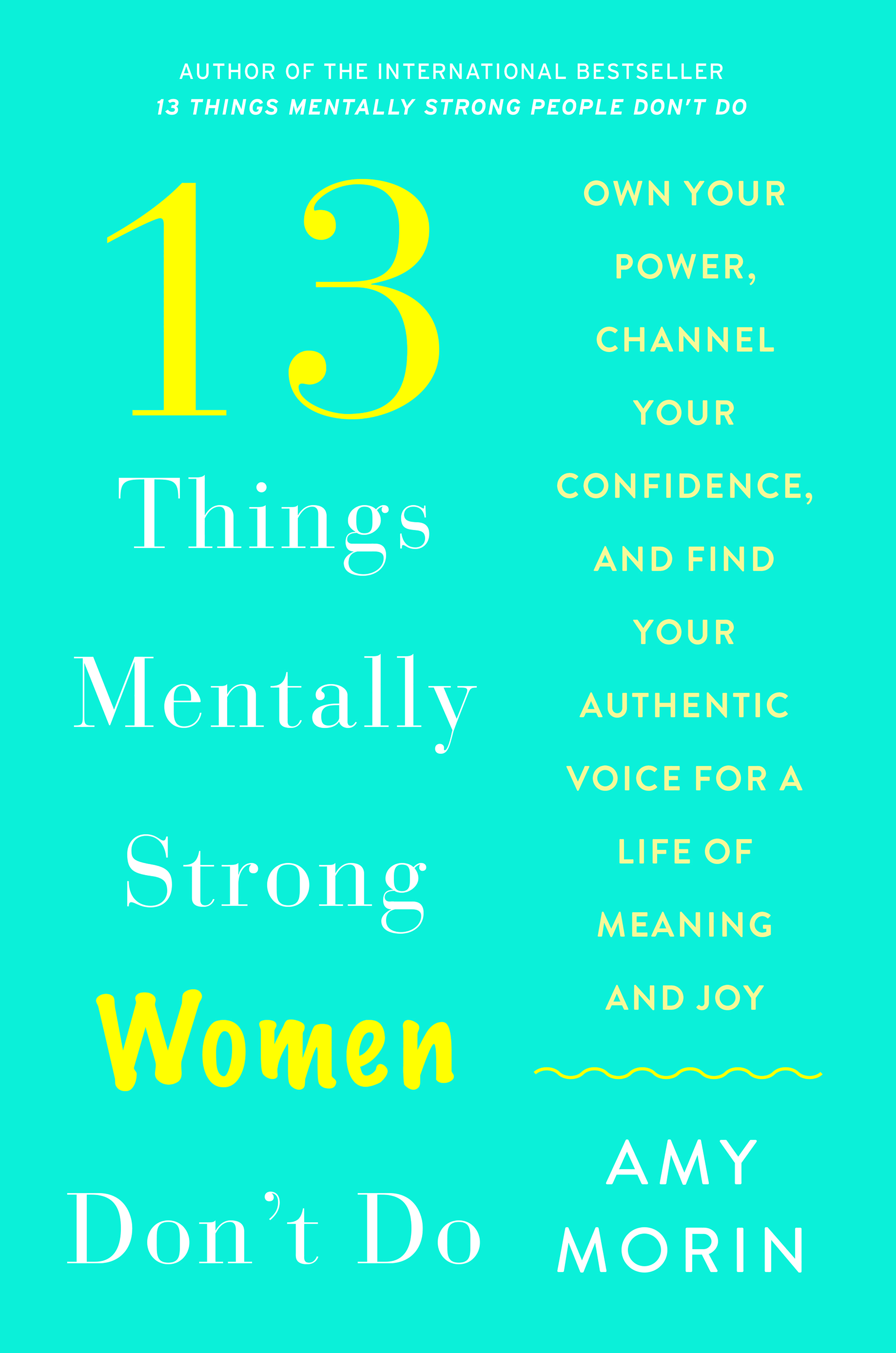Pay Attention to Your Self-Talk
Regardless of how you first developed beliefs about yourself that limit your potential, the conversations you have with yourself either reinforce or refute those beliefs. You likely don’t pay much attention to your thinking patterns, however. After all, who thinks about thinking?
Start paying attention to your self-talk. You might even keep a thought journal to really track your inner dialogue. You’ll likely notice some clear patterns in the way you think.
Identifying the unhealthy thinking patterns you’ve developed is the first step in changing the way you think. Psychologists refer to maladaptive and irrational thoughts as cognitive distortions. And while there are many types of cognitive distortions, here are the thinking errors that are most likely to let others limit your potential:
- All-or-Nothing Thinking: Sometimes, it’s easy to assume you are good or bad at certain things. You might think, “I’m bad at math,” or “I’m a terrible communicator.” In reality, you aren’t a total success or a complete failure at anything. You have skills, talents, and abilities that lie somewhere in between.
- Overgeneralizing: Overgeneralizing involves taking a specific situation and applying it to the bigger picture of your life. If you fail to close one deal, you may decide, “I’m a terrible salesperson.” Or if you are treated poorly by one family member, you might think, “Everyone in my family is rude to me.”
- Filtering Out the Positive: It can be tempting to dwell on the negative and ignore the positive. You might declare your job interview a “complete disaster” because you made a mistake, or you might decide all of the leaders in your company don’t like you just because one supervisor gave you negative feedback.
- Mind-Reading: You never know what someone else is actually thinking. But you likely guess by saying, “She thinks I’m stupid,” or “He has never liked me.” Those statements are nothing more than guesses, and believing that you know what others think affects your relationships and the choices you make.
- Catastrophizing: Imagining worst-case scenarios and exaggerating your misfortune can prevent you from taking positive action. Thinking, “If my boyfriend finds out about my past he’ll leave. I’ll never find anyone else to love me,” may cause you to invest your energy into hiding your past, rather than building a healthy relationship.
- Fortune-telling: Although you never know what might happen in the future, you might waste a lot of energy predicting what you think will happen. Telling yourself, “I’m going to embarrass myself during my presentation,” or “I’m going to mess my child up for life,” isn’t helpful. In fact, those types of thoughts can turn into self-fulfilling prophecies.
- Personalization: As easy as it is to say you know the world doesn’t revolve around you, it can be easy to personalize everything. When a friend doesn’t call you back, you might think, “She must be mad at me,” or if a coworker acts grumpy, you might conclude, “He doesn’t like me.” Thinking other people’s choices are somehow related to you will affect your behavior.
Becoming aware of your cognitive distortions can help you think more realistically. Thinking realistically can empower you to become your best, despite times when others may try to limit your potential.
When you catch yourself catastrophizing, and you can remind yourself, “OK, I’m catastrophizing and this isn’t helpful. It likely isn’t as bad as I think,” you’ll see that your thoughts aren’t necessarily facts. Or when you recognize that you’re mind-reading, you can remind yourself that your thoughts are just guesses and are likely inaccurate. That can help you dial it back and develop a more realistic outlook.

From the book 13 THINGS MENTALLY STRONG WOMEN DON’T DO: Own Your Power, Channel Your Confidence, and Find Your Authentic Voice for a Life of Meaning and Joyby Amy Morin. Copyright © 2019 by Amy Morin. On sale December 31 from William Morrow, an imprint of HarperCollins Publishers. Reprinted by permission.
